Peanuts have been a beloved snack for centuries, enjoyed by people of all ages around the world. Known for their crunchy texture and nutty flavor, peanuts are a versatile ingredient used in a variety of culinary creations, from savory dishes to sweet treats. In Arabic cuisine, peanuts play a significant role, adding a delightful crunch and rich flavor to many traditional dishes. Let’s explore the wonderful world of peanuts in Arabic cuisine and discover the many reasons why you should add these flavorful nuts to your pantry.
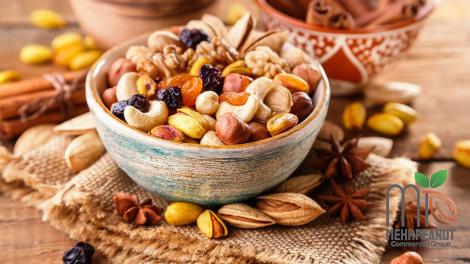
.
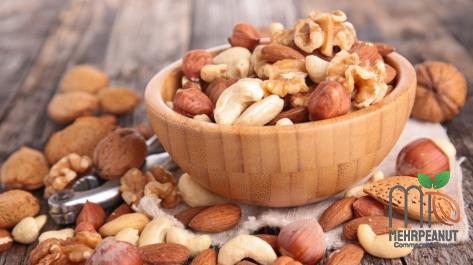 In Arabic culture, peanuts are commonly referred to as “فول سوداني” (Fool Soodani), a name that reflects the rich history and cultural significance of these beloved nuts. Peanuts are not only a delicious snack but also a nutritious source of essential nutrients, making them a popular choice for those looking to enhance their diet with wholesome ingredients. One of the most popular ways to enjoy peanuts in Arabic cuisine is through the creation of flavorful nut mixes. Combining roasted peanuts with a variety of spices and seasonings, these nut mixes are a favorite snack to enjoy with tea or coffee. The crunchy texture of the peanuts and the aromatic blend of spices create a mouthwatering experience that is truly unforgettable. Peanuts are also commonly used in savory dishes in Arabic cuisine, adding a depth of flavor and texture to a wide range of recipes. From hearty stews to spicy curries, peanuts are a versatile ingredient that can elevate the taste of any dish. Whether ground into a smooth paste for sauces or sprinkled on top for a garnish, peanuts bring a unique and delicious element to traditional Arabic recipes. One iconic dish that showcases the use of peanuts in Arabic cuisine is the classic Egyptian dish called “Fatta.” This hearty and savory dish consists of layers of toasted bread, rice, and tender pieces of meat, all topped with a flavorful sauce made from blended peanuts and aromatic spices. The combination of textures and flavors in Fatta is a true celebration of the versatility and deliciousness of peanuts in Arabic cooking.
In Arabic culture, peanuts are commonly referred to as “فول سوداني” (Fool Soodani), a name that reflects the rich history and cultural significance of these beloved nuts. Peanuts are not only a delicious snack but also a nutritious source of essential nutrients, making them a popular choice for those looking to enhance their diet with wholesome ingredients. One of the most popular ways to enjoy peanuts in Arabic cuisine is through the creation of flavorful nut mixes. Combining roasted peanuts with a variety of spices and seasonings, these nut mixes are a favorite snack to enjoy with tea or coffee. The crunchy texture of the peanuts and the aromatic blend of spices create a mouthwatering experience that is truly unforgettable. Peanuts are also commonly used in savory dishes in Arabic cuisine, adding a depth of flavor and texture to a wide range of recipes. From hearty stews to spicy curries, peanuts are a versatile ingredient that can elevate the taste of any dish. Whether ground into a smooth paste for sauces or sprinkled on top for a garnish, peanuts bring a unique and delicious element to traditional Arabic recipes. One iconic dish that showcases the use of peanuts in Arabic cuisine is the classic Egyptian dish called “Fatta.” This hearty and savory dish consists of layers of toasted bread, rice, and tender pieces of meat, all topped with a flavorful sauce made from blended peanuts and aromatic spices. The combination of textures and flavors in Fatta is a true celebration of the versatility and deliciousness of peanuts in Arabic cooking.
..
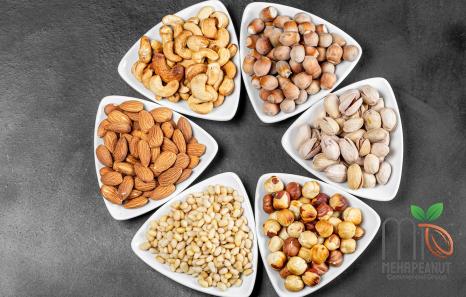 In addition to their culinary uses, peanuts also offer a wide range of health benefits that make them a nutritious choice for any diet. Packed with protein, fiber, and essential vitamins and minerals, peanuts are a nutrient-dense food that can help support overall health and well-being. Whether enjoyed on their own as a snack or incorporated into your favorite recipes, peanuts are a delicious and satisfying way to nourish your body and delight your taste buds. When shopping for peanuts in Arabic cuisine, look for high-quality nuts that are fresh and flavorful. Whether you prefer them with the skin on or blanched, whole or crushed, peanuts are a versatile ingredient that can be used in a variety of ways to add a delicious touch to your cooking. In conclusion, peanuts are a beloved ingredient in Arabic cuisine that adds a unique flavor and texture to a wide range of dishes. Whether enjoyed as a snack on their own or incorporated into flavorful recipes, peanuts are a versatile and nutritious choice that can enhance your culinary creations. With their rich history, cultural significance, and delightful taste, peanuts are a must-have ingredient for anyone looking to explore the wonderful world of Arabic cooking. Add some peanuts to your pantry today and experience the deliciousness of these flavorful nuts for yourself. From traditional nut mixes to savory dishes like Fatta, peanuts play a crucial role in Arabic cuisine, offering a delightful crunch and rich flavor that enhances the overall dining experience. The versatility of peanuts allows them to be utilized in a wide variety of dishes, creating unique flavor profiles that are both comforting and satisfying. In Arabic culture, the use of peanuts extends beyond just culinary purposes. Peanuts are also used in traditional folk remedies and natural health practices. The high nutritional content of peanuts, including their protein, fiber, and healthy fats, makes them a popular choice for those seeking to improve their overall well-being through natural means. One popular traditional remedy involving peanuts is the preparation of a warm tea made from boiled peanuts.
In addition to their culinary uses, peanuts also offer a wide range of health benefits that make them a nutritious choice for any diet. Packed with protein, fiber, and essential vitamins and minerals, peanuts are a nutrient-dense food that can help support overall health and well-being. Whether enjoyed on their own as a snack or incorporated into your favorite recipes, peanuts are a delicious and satisfying way to nourish your body and delight your taste buds. When shopping for peanuts in Arabic cuisine, look for high-quality nuts that are fresh and flavorful. Whether you prefer them with the skin on or blanched, whole or crushed, peanuts are a versatile ingredient that can be used in a variety of ways to add a delicious touch to your cooking. In conclusion, peanuts are a beloved ingredient in Arabic cuisine that adds a unique flavor and texture to a wide range of dishes. Whether enjoyed as a snack on their own or incorporated into flavorful recipes, peanuts are a versatile and nutritious choice that can enhance your culinary creations. With their rich history, cultural significance, and delightful taste, peanuts are a must-have ingredient for anyone looking to explore the wonderful world of Arabic cooking. Add some peanuts to your pantry today and experience the deliciousness of these flavorful nuts for yourself. From traditional nut mixes to savory dishes like Fatta, peanuts play a crucial role in Arabic cuisine, offering a delightful crunch and rich flavor that enhances the overall dining experience. The versatility of peanuts allows them to be utilized in a wide variety of dishes, creating unique flavor profiles that are both comforting and satisfying. In Arabic culture, the use of peanuts extends beyond just culinary purposes. Peanuts are also used in traditional folk remedies and natural health practices. The high nutritional content of peanuts, including their protein, fiber, and healthy fats, makes them a popular choice for those seeking to improve their overall well-being through natural means. One popular traditional remedy involving peanuts is the preparation of a warm tea made from boiled peanuts.
…
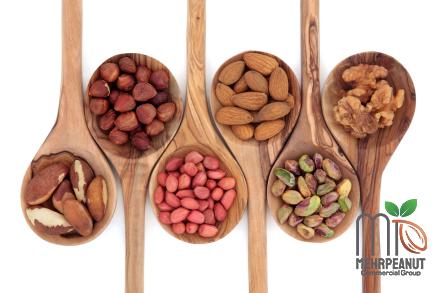 This soothing beverage is believed to have calming and healing properties, often used to alleviate digestive issues, reduce inflammation, and boost immunity. The simple yet effective use of peanuts in this traditional remedy highlights the deep-rooted connection between food and health in Arabic culture. Furthermore, peanuts are a common ingredient in many sweet treats and desserts in Arabic cuisine. From peanut butter cookies to peanut brittle, these sweet indulgences showcase the versatility of peanuts in creating delicious confections that are loved by people of all ages. The rich and nutty flavor of peanuts adds a delightful contrast to the sweetness of desserts, creating a perfect balance of flavors that are irresistible to the taste buds. Whether enjoyed in savory dishes, sweet treats, or traditional remedies, peanuts hold a special place in Arabic culture as a versatile and beloved ingredient. Their rich history and cultural significance make them a cherished part of everyday life, enjoyed in various forms by people across the Arab world. When incorporating peanuts into your cooking, be sure to explore the wide range of possibilities that this humble nut offers. From adding a crunchy topping to salads and soups to blending into creamy sauces and dips, the versatility of peanuts makes them a valuable ingredient in any kitchen. Experiment with different flavor pairings, spices, and cooking techniques to discover new and exciting ways to enjoy the delicious taste of peanuts in your favorite dishes. In conclusion, peanuts in Arabic cuisine are more than just a snack or ingredient – they are a symbol of tradition, culture, and culinary creativity. From their use in traditional dishes to their role in natural remedies and sweet delicacies, peanuts bring a depth of flavor and texture that is truly unique. Embrace the rich history and cultural significance of peanuts in Arabic cuisine by incorporating them into your cooking and experience the joy of creating delicious and memorable meals that celebrate the versatility and deliciousness of this cherished nut.
This soothing beverage is believed to have calming and healing properties, often used to alleviate digestive issues, reduce inflammation, and boost immunity. The simple yet effective use of peanuts in this traditional remedy highlights the deep-rooted connection between food and health in Arabic culture. Furthermore, peanuts are a common ingredient in many sweet treats and desserts in Arabic cuisine. From peanut butter cookies to peanut brittle, these sweet indulgences showcase the versatility of peanuts in creating delicious confections that are loved by people of all ages. The rich and nutty flavor of peanuts adds a delightful contrast to the sweetness of desserts, creating a perfect balance of flavors that are irresistible to the taste buds. Whether enjoyed in savory dishes, sweet treats, or traditional remedies, peanuts hold a special place in Arabic culture as a versatile and beloved ingredient. Their rich history and cultural significance make them a cherished part of everyday life, enjoyed in various forms by people across the Arab world. When incorporating peanuts into your cooking, be sure to explore the wide range of possibilities that this humble nut offers. From adding a crunchy topping to salads and soups to blending into creamy sauces and dips, the versatility of peanuts makes them a valuable ingredient in any kitchen. Experiment with different flavor pairings, spices, and cooking techniques to discover new and exciting ways to enjoy the delicious taste of peanuts in your favorite dishes. In conclusion, peanuts in Arabic cuisine are more than just a snack or ingredient – they are a symbol of tradition, culture, and culinary creativity. From their use in traditional dishes to their role in natural remedies and sweet delicacies, peanuts bring a depth of flavor and texture that is truly unique. Embrace the rich history and cultural significance of peanuts in Arabic cuisine by incorporating them into your cooking and experience the joy of creating delicious and memorable meals that celebrate the versatility and deliciousness of this cherished nut.
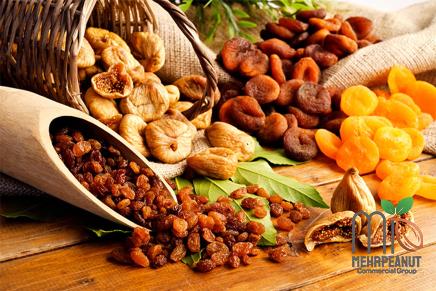
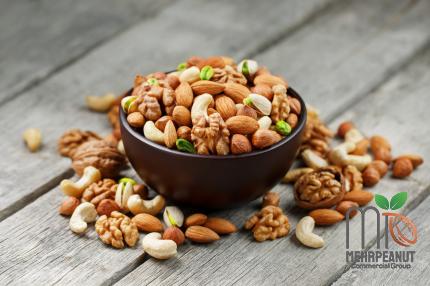
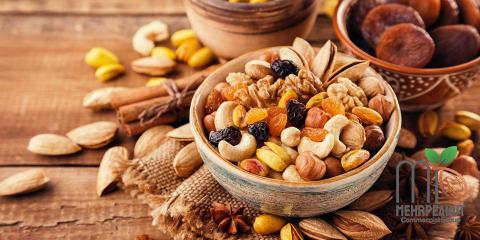
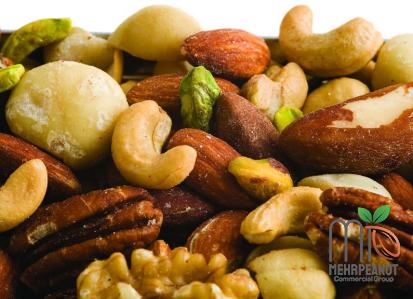
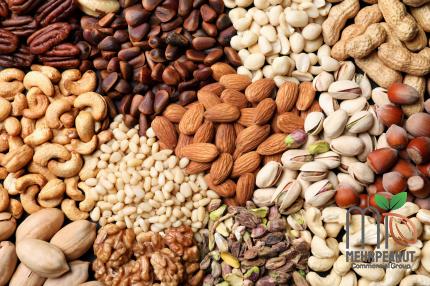
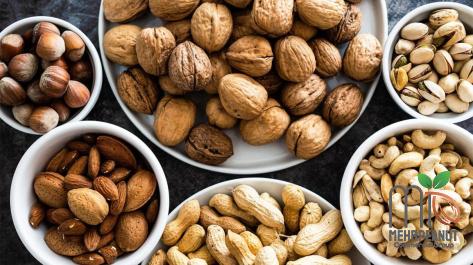
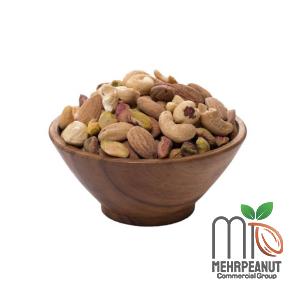
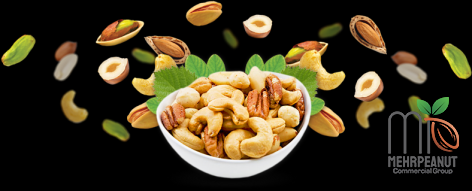
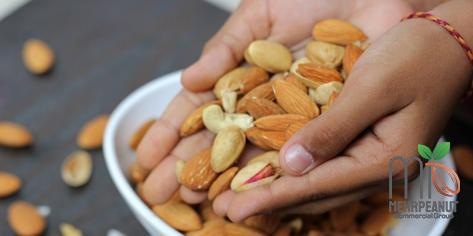
Your comment submitted.